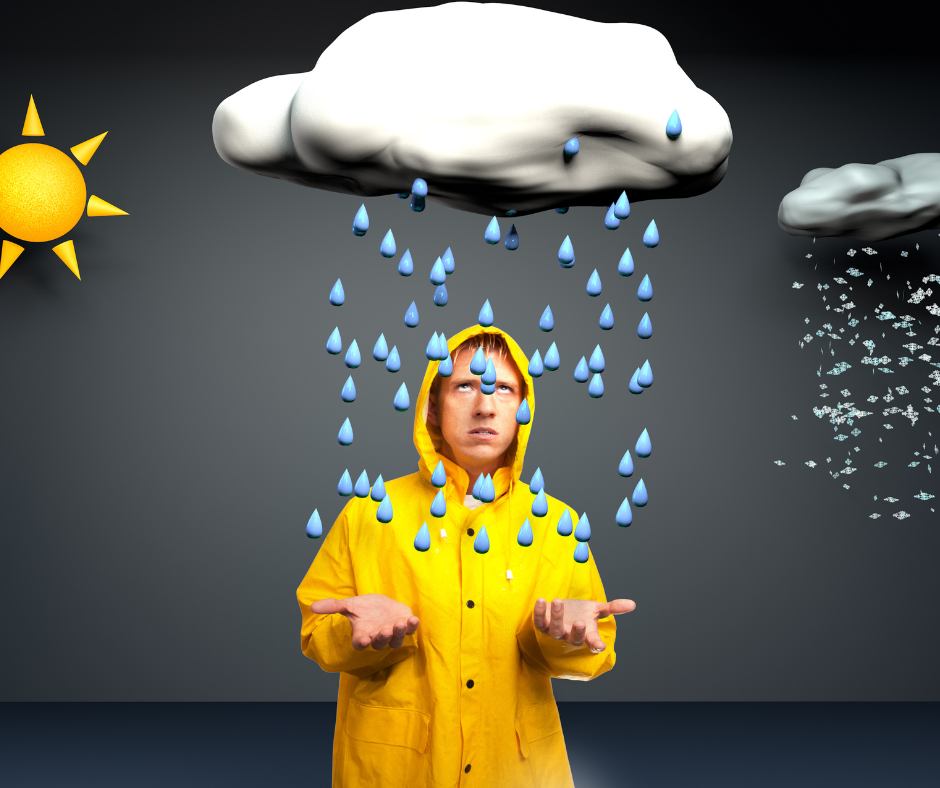Impact of Biometeorological Conditions on Health Weather can affect our health and well-being. People with respiratory diseases, atherosclerosis, joint pain, or nervous system disorders are particularly sensitive to weather changes. Headaches, dizziness, lethargy, weakness, hypertension, or hypothermia are just some of the symptoms caused by weather changes, especially in the elderly and those with chronic conditions.

Weather
The Psychological Aspect of Biometeorological Conditions
Changes in weather can also affect mental state, causing apathy, bad mood, or aggression. Often, however, these mood changes are due more to psychological factors than directly to weather conditions. People predisposed to negative thinking may feel worse about weather changes.
Weather for Popular Sports Disciplines
Sunny days and outdoor sports
Sunny weather is ideal for outdoor sports. Tennis, soccer, or golf require good lighting and dry ground. Inng the body during prolonged exercise.
Rainy days and indoor sports
Rainy weather is great for indoor sports such as basketball, volleyball, and squash. In indoor sports facilities, weather conditions do not affect training.
Winter weather and snow sports
Winter is the ideal time for snow and ice sports, such as skiing, snowboarding, and ice skating. Snow and cold temperatures are key to safe and enjoyable activities in these sports.
Weather has a significant impact on the choice of physical activities. By matching sports to weather conditions, one can not only increase enjoyment, but also avoid potential health risks.
Summary Weather and weather conditions have a significant impact on our physical and mental health. People with existing health problems and the elderly are particularly vulnerable. Changes in atmospheric pressure, humidity, or temperature can lead to a variety of symptoms, from physical ailments to changes in mood and mental well-being

